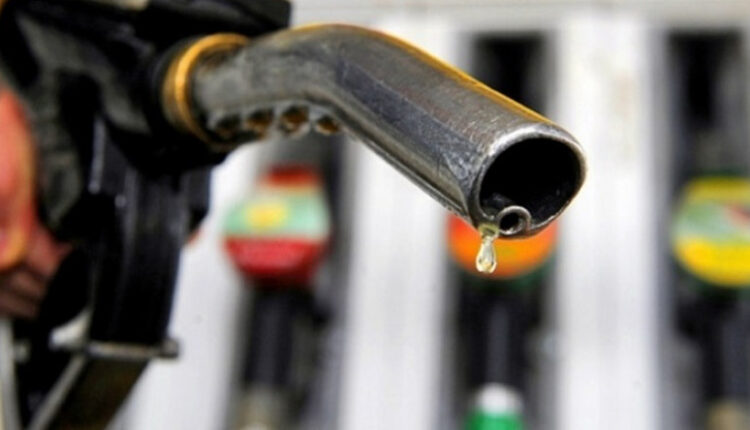Fuel prices to go up again by 14%
The Chamber of Petroleum Consumers Ghana (COPEC-Ghana) has notified Ghanaians to brace themselves for a 14% increase in fuel prices by May 18.
It comes barely two weeks after the National Petroleum Authority increased fuel prices by 12%.
COPEC Ghana attributed the expected hikes to geopolitical events which has led to increases in International Market Prices from $630.525/mt to around $655.625/mt for premium or petrol, whiles prices of AGO or diesel has moved from $520/Mt to $545/Mt.
LPG has also seen a little over $1.6377 increase within the period though the country’s currency has been relatively stable within the period.
“This variance is expected to likely reflect at the Ghanaian pumps on or before Tuesday (18/05/2021) and will eventually add on to the recent increases of over 12% a few days ago, thereby bringing the cumulative increases at the Ghanaians pumps to, in excess of a cumulative nominal Ghp 68/litre or 14% increases at the pumps within a spate of under 10 days,” COPEC-Ghana Executive Secretary, Duncan Amoah, said in a release on Sunday, May 16.
The rising fuel prices could have a ripple effect which could increase the cost of goods and services across all sectors.
COPEC-Ghana is concerned that the country does not seem to have in place any mitigating policies or programmes to cushion the average Ghanaian from these international market price shocks as the effects reflect directly at the pumps and on pockets.
“A myriad of taxes including the Price Stabilisation and Recovery Levy component on pump prices which should have provided a buffer in times like these for some of these price movements has barely ever been used to cushion Ghanaians and the market around these times when needed, and thus fuel prices becoming pretty unbearable on pockets.
“The country’s Strategic Stocks which could have also been used to offset these price movements on the international market is currently nonexistent as the Bulk Oil Storage and Transportation instead of holding strategic stocks has now become fully commercial in their outlook though they continue to take monies from Ghanaians at the pumps in the name of BOST margins, we believe this particular margin ought to be looked at again if we need to bring fuel prices down,” COPEC-Ghana added.
Crude oil-producing country importing fuel for use
Despite the country producing oil in large quantities, the lack of refineries has prevented the country from enjoying lower prices of finished products.
As of September 2020, crude oil production capacity in Ghana was 196,000 barrels per day.
Addressing a meeting with 20 international oil companies in Norway, Finance Minister Ken Ofori-Atta indicated that Ghana could hit 500,000 barrels per day by 2025.
However, Ghanaians continue to buy fuel at exorbitant prices due to importation and taxes slapped on the commodity.
What can be done to address the situation?
The COPEC-Ghana Executive Secretary told theghanareport.com, “We have a local refinery that we could have leveraged to get some fuel security at lower prices, but unfortunately, we don’t think there is the political will to refurbish the Tema Oil Refinery”.
Mr Amoah observed a fully functional refinery would cut the logistical cost, which adds to the price build-up by exporting crude to Europe to be refined before importing back to Ghana.
“The need to get TOR back on stream and the need for political interference to be stopped holds the key for all for us,” he underscored.
Additionally, he cited the Bulk Oil Storage and Transportation Company Limited (BOST) failure in executing its mandate.
Mr Amoah explained that BOST is supposed to store huge volumes of fuel and release to the market to level prices and to check shortages “without overstretching the already burdened Ghanaian taxpayer”.
However, “we do not see that function of BOST, and they are now focusing on trading…which was not the purpose of the BOST Act but to hold strategic stock”.



